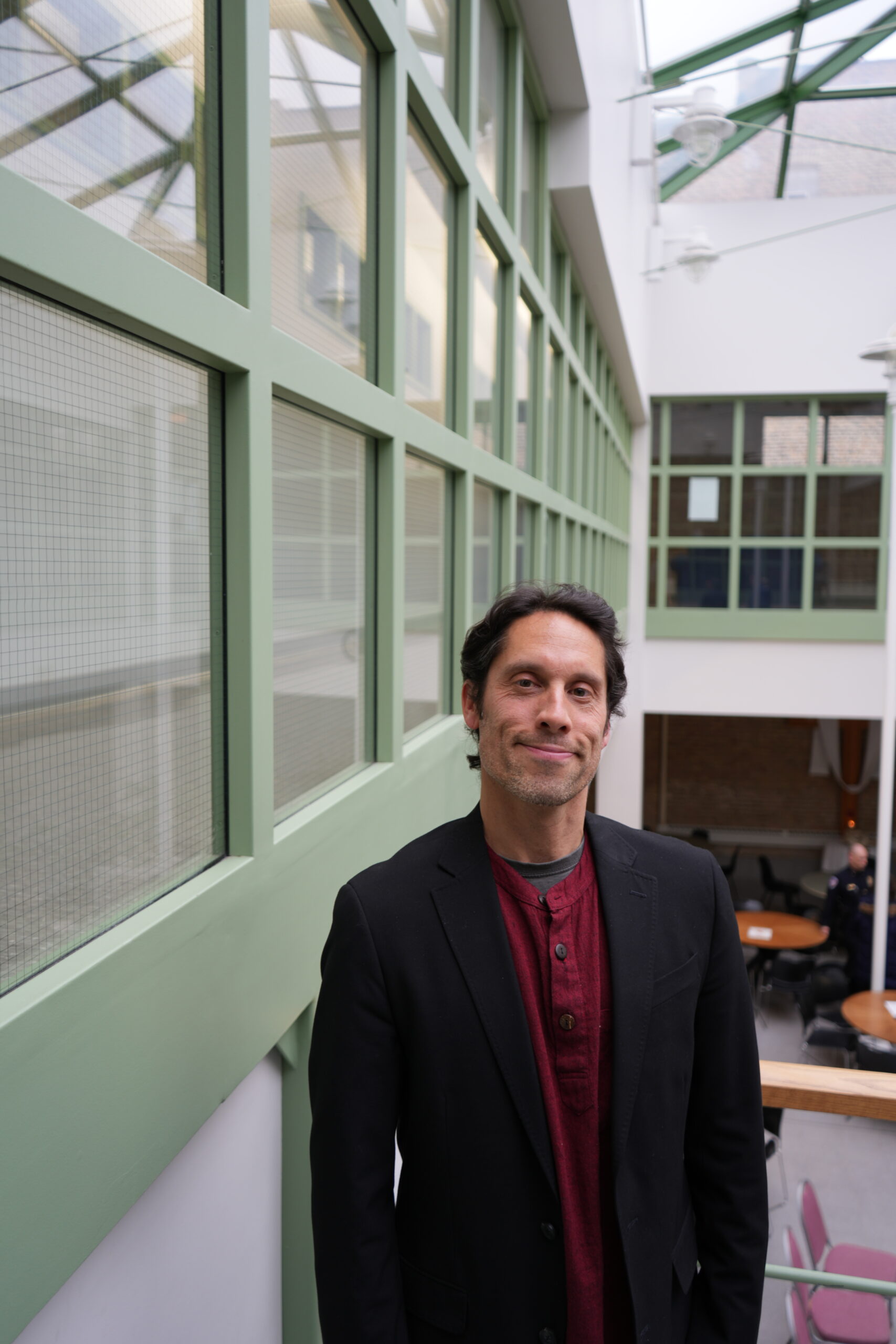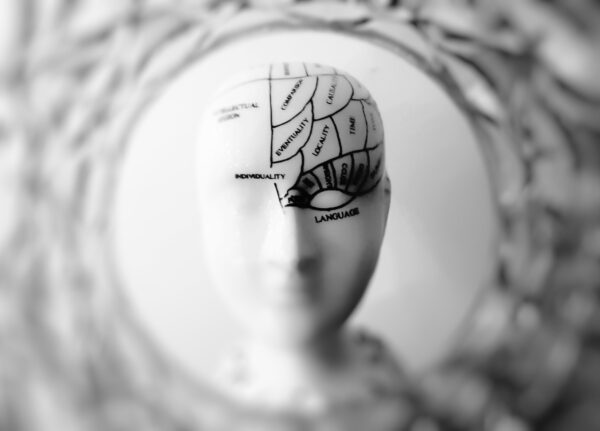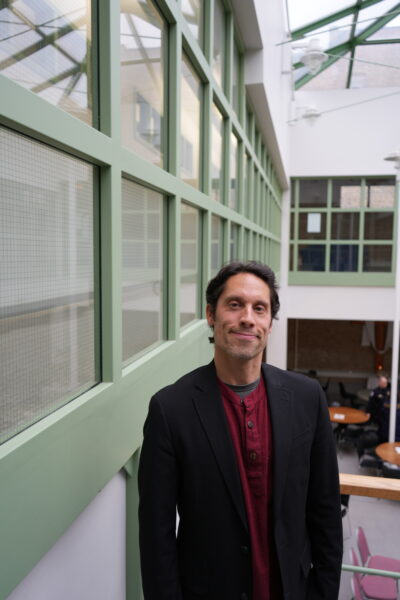
Psychology
Program Length
2 years
60 credit hours
Degrees Offered
Associate of Arts
Learning Experiences
Hybrid
Associate of Arts, Psychology Concentration
Our Associate of Arts in Liberal Arts & Sciences degree curriculum* with a Psychology concentration lays the foundation for a career in psychology, providing you with an understanding of key psychological concepts. There is a wide range of professional paths available in the field of psychology, including human resources, business, marketing, and jobs in social services. The Psychology concentration is often a foundation for pursuing a Bachelor’s Degree in the field.
*The general education core for this degree complies with the guidelines of the Illinois Articulation Initiative (IAI)
Why Choose an A.A. in Psychology?
Pursuing an Associate of Arts in Liberal Arts & Sciences with a concentration in Psychology at St. Augustine College offers a robust foundation for students interested in understanding human behavior and mental processes. This 60-credit hour program, designed to be completed over two years, provides flexibility for adult learners, with courses available online, in-person, or through a hybrid model.
The curriculum emphasizes key psychological concepts, preparing students for various career paths in fields such as human resources, business, marketing, and social services. Moreover, the program serves as a stepping stone for those aiming to pursue a Bachelor’s Degree in Psychology or related disciplines.
A distinctive feature of St. Augustine College is its commitment to bilingual education. Students have the opportunity to begin their studies in Spanish and transition to English, facilitating a smoother learning experience for non-native English speakers.
The general education core of the program complies with the guidelines of the Illinois Articulation Initiative (IAI), ensuring that credits earned are transferable to other institutions within Illinois.
Graduates of the A.A. in Psychology program are well-equipped to enter the workforce in entry-level positions or continue their academic journey toward a bachelor’s degree. The skills and knowledge acquired through this program serve as a strong foundation for future academic and professional endeavors.








